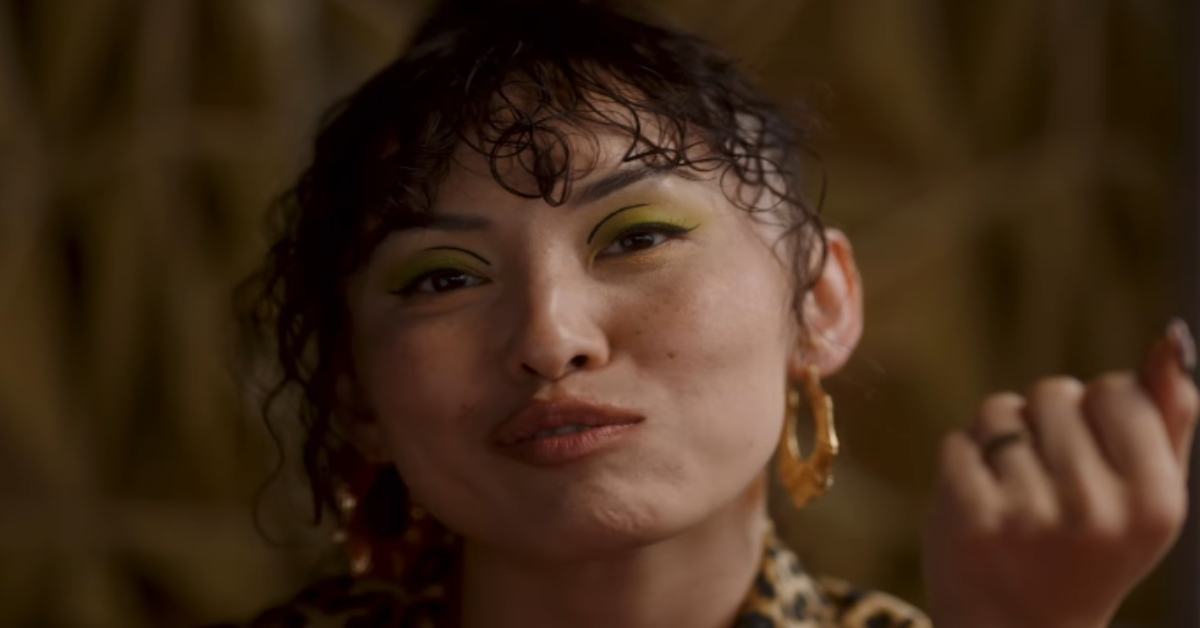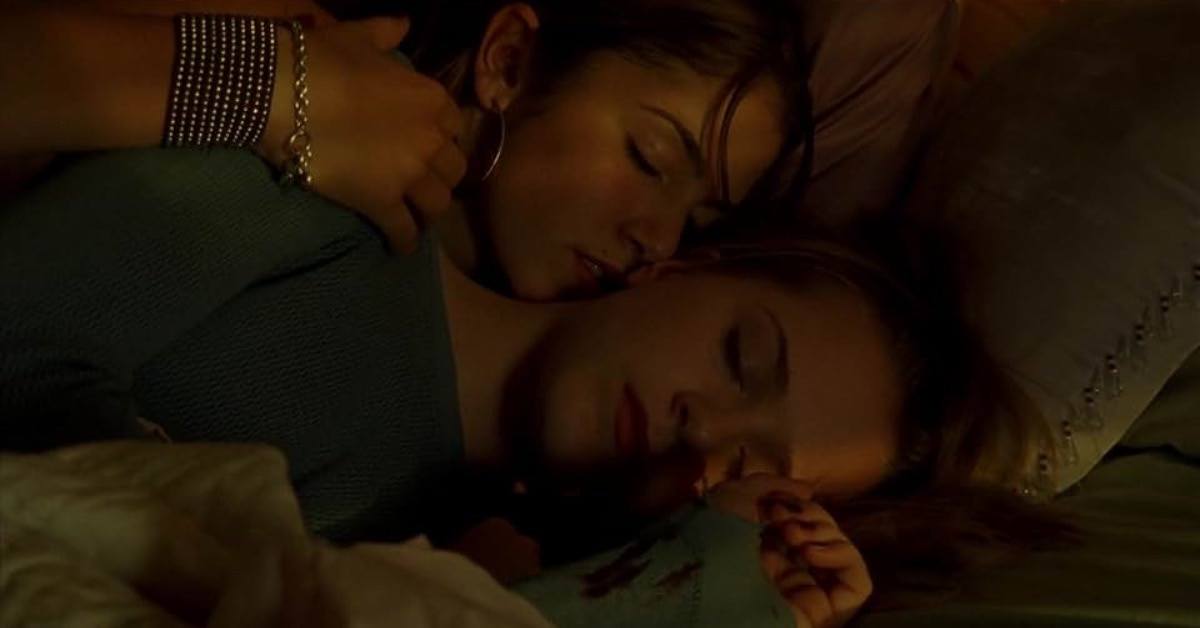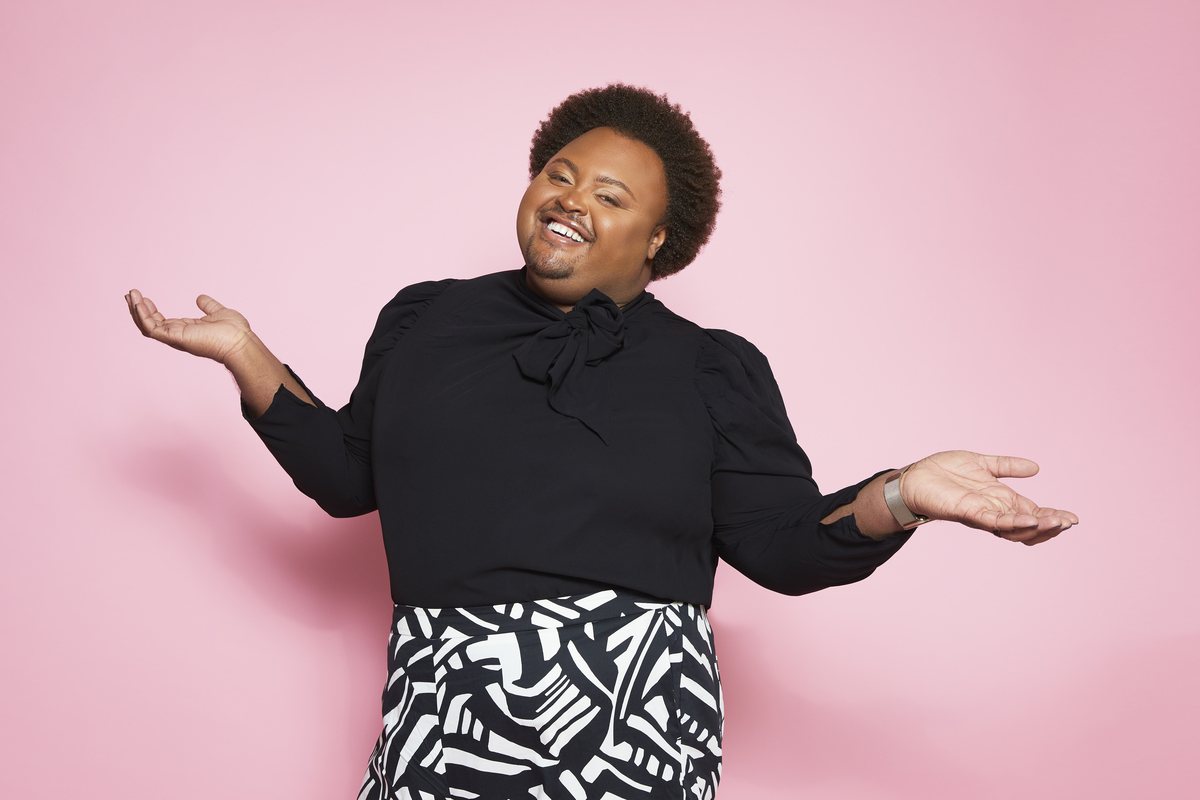BY: Callie Cadorniga
Published 4 months ago
SPOILER ALERT: This article contains major plot points from “The Long Walk.“
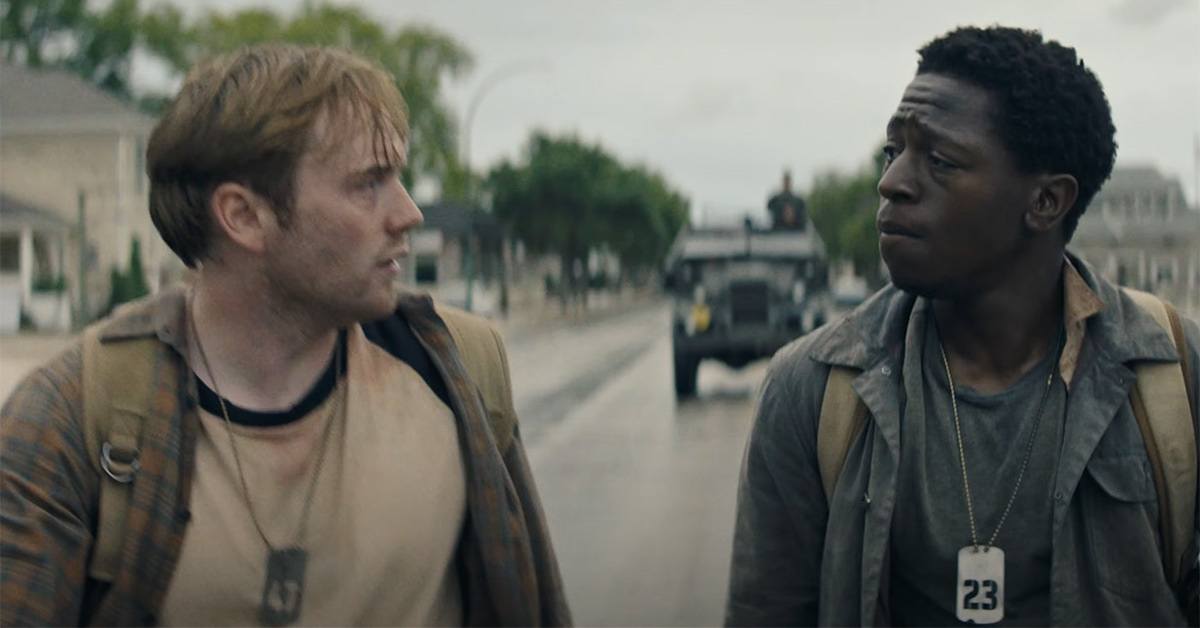
I wasn’t sure what to expect with “The Long Walk.” The premise intrigued me, at least, mostly because I wanted to see if a movie in which the main players are walking for the entire runtime could play well on-screen. Adapting this Stephen King novel was never going to be an easy feat (no pun intended), and I remember being more fascinated by it from a technical standpoint than anything else. Imagine my surprise when I bore witness to one of the queerest dystopian romances I’ve seen all year.
At the heart of this visceral thriller is a touching love story between two men. They date, confide, and explore each other intimately. I’d even go so far as to say they’re married by the end of their terrible journey. “The Long Walk” is as gay a film as they come, and it’s all the better for it.
Is ‘The Long Walk’ gay? I certainly think so.
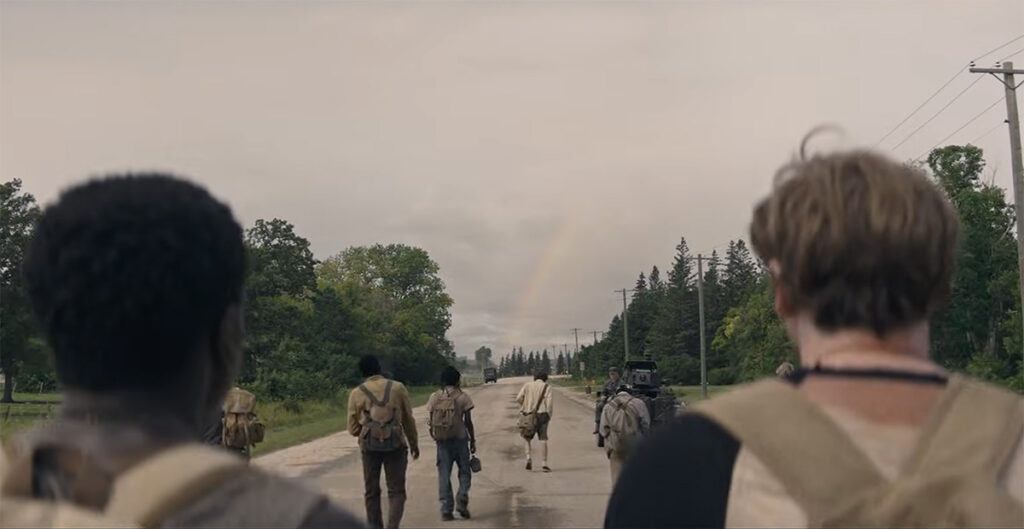
The film takes place in an alternate 20th-century United States. The country has been ravaged by war and has been under totalitarian rule for nearly two decades. In an attempt to inspire patriotism in dark times, a military figure known as The Major (Mark Hamill) hosts an annual sporting event called the Long Walk.
Fifty teenage boys, chosen via lottery, must walk a single stretch of road while maintaining a speed of at least three miles an hour. Anyone who falls below the speed for too long is killed by the presiding officers. The walk only ends when there is one participant left standing, however long he must travel. The winner receives an enormous cash prize and may ask the government to fulfill one wish.
Among the participants is Ray Garrity (Cooper Hoffman), who embarks on a personal quest during the walk. At the start line, he meets Peter McVries (David Jonsson), among others. As the walk begins, the two of them become fast friends as they interact with the other walkers to keep each other’s spirits up.
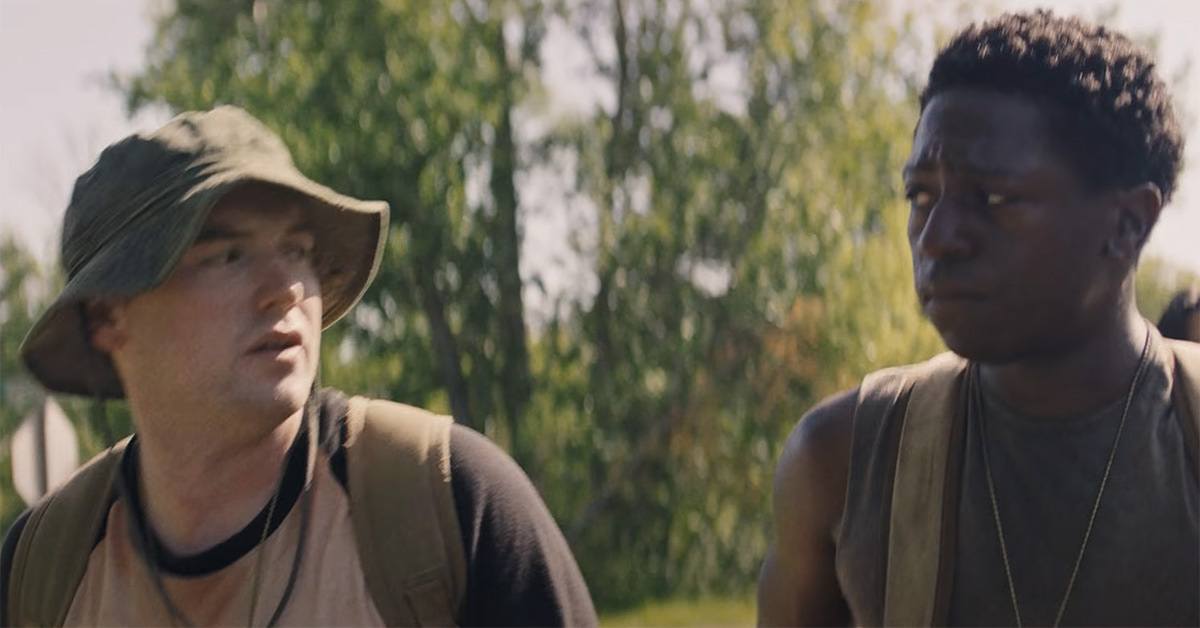
Ray and Pete engage in lively conversation, mostly to distract themselves from the arduous challenge ahead of them. As the walk stretches on, they reach a point where they learn more about each other. It’s here that their fast friendship blossoms into something more.
In the original book, Ray and Pete have a blatant back-and-forth about their sexuality. Book Ray has a girlfriend waiting for him after the walk, but another walker believes he and Pete to be “queer for each other” due to their closeness. While Ray balks at the prospect, Pete seems to embrace it fully. Pete even goes so far as to ask if Ray would let the other touch him. Ray never quite says no, either. It’s a humorous but telling moment about the boys’ bisexual leanings.
The movie dares to resolve those feelings more fully. Instead of light-hearted jabs about sexual acts, they begin to confide in each other. After surviving a deadly night that claimed several walkers, Ray tells Pete his true reason for joining the walk. Aside from the cash prize, he plans to use his wish to obtain a rifle to kill The Major as revenge for his father, who was executed for political dissent. Pete tries to persuade him otherwise, insisting that a life of vengeance is no life at all. Ray doesn’t fully believe this, but still tries to hear him out.
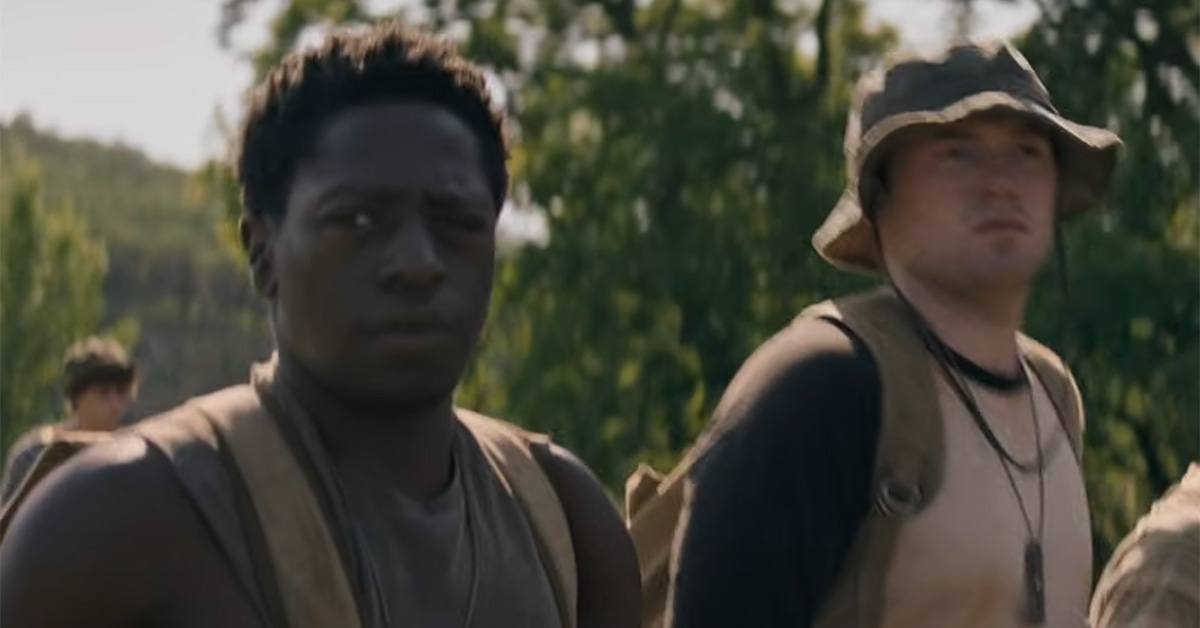
Meanwhile, Pete has very little to lose on the walk. Having lost most of his loved ones in the war, he’s long since resolved to keep his hope in humanity alive. He even tells Ray that when it comes down to it, he wouldn’t even have the heart to let another man die so that he can win the walk. He’s set on being willfully eliminated in the last leg so that the other person can achieve their goal.
By this point, the two have been remarkably vulnerable with each other and have earned each other’s trust and affection. Even in the midst of a death game with only one winner, they forge a connection that runs deep. This meaningful exchange of souls is capped off by one of the gayest and heartfelt moments in the entire film. Ray eventually reveals that he has a girl waiting for him at home. He says this passively, as if he has no real emotional attachment to her. Ray then asks if Pete has a similar relationship. Pete looks longingly, even contentedly at Ray and proudly replies, “No, I do not.” This could only point to the idea that he found that relationship on the Long Walk with Ray himself.
And that relationship only expounds from there. Several days, hundreds of miles, and dozens of deaths later, Ray and Pete are among the last remaining participants on the Long Walk. They eventually stagger into Ray’s hometown of Freeport, where his mother Ginny (Judy Greer) has been anxiously waiting for his safe return. With his will to go on rapidly deteriorating, Ray dashes toward his mother to escape the horrors. After having begged him not to go in the first place, she tearfully pleads for him to keep walking so he doesn’t die. And who should be by his side but Pete, ensuring that Ray maintains speed and stays on the path?
Aside from being one of the movie’s most heart-wrenching moments, this scene speaks volumes to how the love between Ray and Pete has developed. In one brief and sorrowful moment, Pete meets Ray’s mother for the first time. They don’t speak to each other, but they both have the same thing in mind: keeping Ray alive. As Ginny implores her son to keep walking, Pete follows up to make sure he does just that. However unspoken it may be, I couldn’t help but compare this moment to Ginny giving Ray away to Pete, entrusting him with her son’s life.
When I mentioned that Ray and Pete were married by the end of the film, I meant it. Their entire horrifying journey together has been one enormous walk down the aisle, in which the two of them end up together. And in the last leg of their journey, when they become the last two walkers on the path, they even exchange their vows.
Ray and Pete eventually make it to one last stretch where an enormous crowd gathers to see the winner. Pete nearly fulfills his promise to sit down. Instead, Ray convinces him to get back up and walk just a little more… only to stop himself. Ray stops walking and is gunned down. The two of them have a chance to tearfully profess their love for each other before the Major finishes the deed. The crowd cheers for both the final death and the ultimate winner and the Major approached Pete to ask about his wish. And just as Ray fulfilled Pete’s vow, Pete does the same. He wishes for a rifle from one of the guards and uses it to kill the Major. He even dedicates the act to Ray.
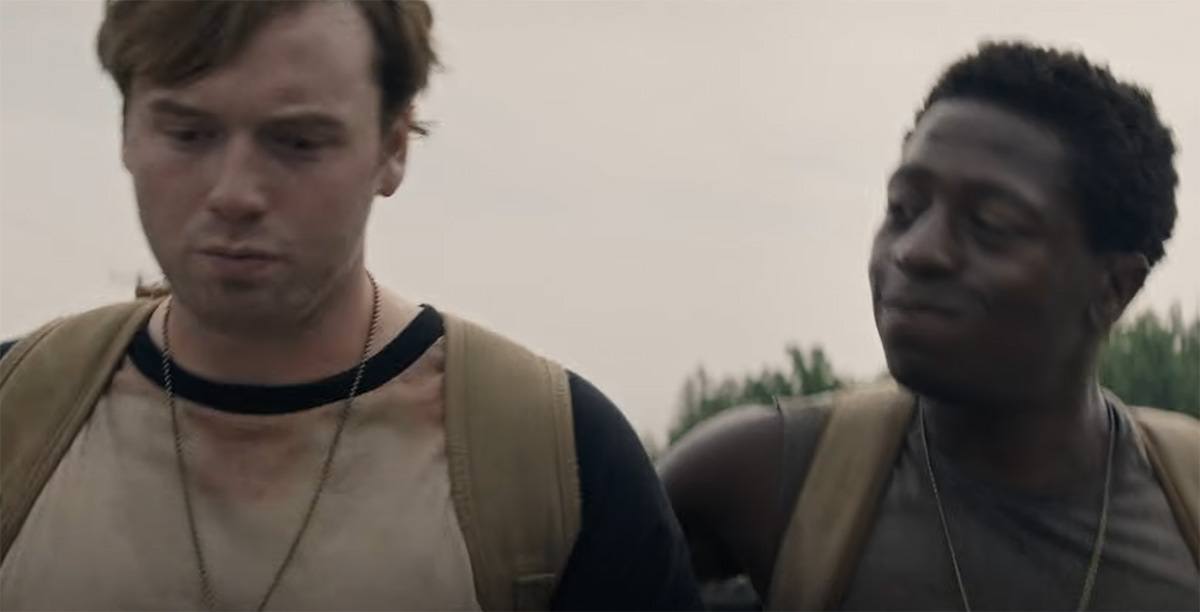
Their union, much like their entire relationship, is tragically short-lived. But as Pete might argue, every moment of it mattered. In their five agonizing days together, Ray and Pete discovered love in an honest and pure way. They found each other and laid out their souls in touching, even romantic conversations to keep themselves sane. And by the end of their journey, they became so close that they would have put everything on the line for each other. You’d only do that for someone you love with all your heart. That’s exactly what Ray and Pete had on their long walk together.
Are there any gay undertones in “The Long Walk” we may have missed? Let us know in the comments!

